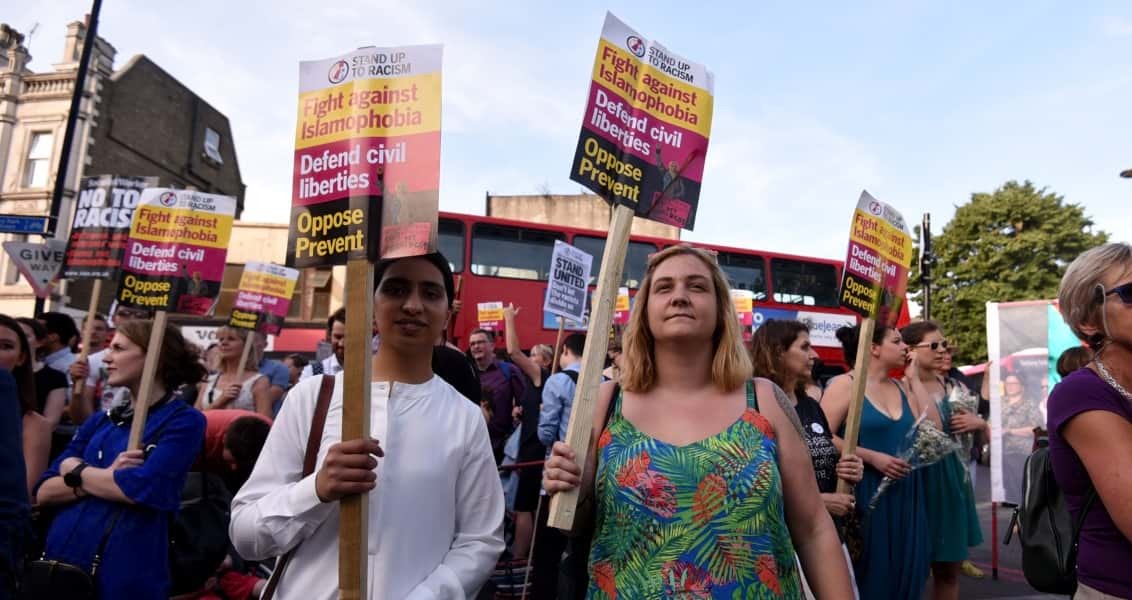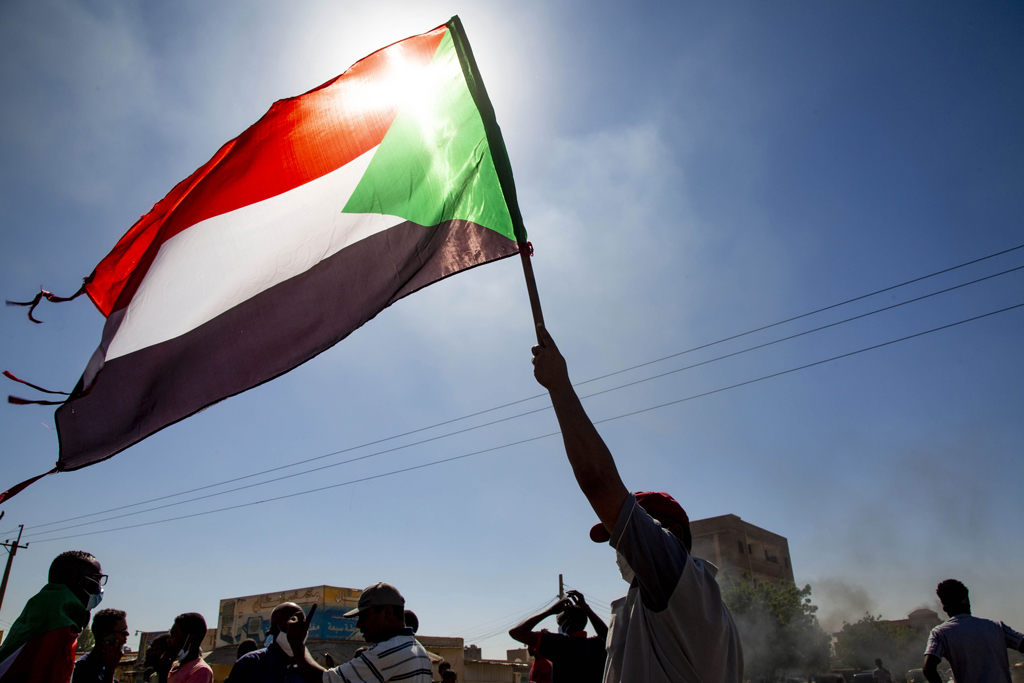
Categorically Rejecting 'Islamist Terrorism'
There is a message for all in President Erdoğan's criticism of Chancellor Merkel's use of the phrase ‘Islamist terror,' as Muslims are the real victims of the terrorism
Share
Oneof the highlights of the much-publicized press conference held by German Chancellor Angela Merkel and President Recep Tayyip Erdoğan during Merkel's latest visit to Ankara last week was the critical moment when the chancellor referred to the notion of "Islamist terrorism" to depict the global challenge posed by terror groups such as al-Qaida and Daesh on the basis of distorted Islamic precepts. President Erdoğan immediately interrupted the chancellor and made the crucial point that the adoption of references to Islam, which literally means peace, along with conceptualizations that assume an endemic link with terror, such as "Islamic" or "Islamist terrorism," were both deeply hurtful and totally unacceptable for Muslims.
The particular incident was indicative of Erdoğan's familiarly open and blunt political style based on the expression of fundamental principles that he believes in by directly looking into the eyes of his counterparts without resorting to the usual channels of political correctness. In fact, it would be quite difficult to find another outspoken political leader in the whole Muslim world who would take all the risks associated with interrupting the German chancellor in the middle of a live press conference to express disappointment on her usage of the notion of "Islamist terrorism," even though the concept is not approved of across the Muslim world.
But more importantly, Erdoğan's firm stance on the issue is indicative of the widespread accumulated reaction among Muslim intellectuals, policy makers and communities that were subjected to numerous forms of discrimination, stigmatization, xenophobia and extremism against the backdrop of systematic efforts in the Western world aimed at equating Islam and terrorism since the 1990s. Even before the heinous terror attacks of 9/11 were perpetrated and the emergence of al-Qaida, clarified as a major terrorist organization controlled by individuals using Islamic precepts, the global movie industry, mass-media and leading opinion makers in the Western world were catering to the crude stereotype of a "Muslim terrorist" carefully embedded in the contents of their scripts, products and messages.
The eruption of violent conflicts, invasions and civil wars in various regions of the Middle East and the Muslim world in the 2000s, including Afghanistan, Iraq, Syria, Yemen and Libya, only helped to undermine political stability and social order; thereby, paving the way for the galvanization of extremist and terrorist movements in these societies. This development was readily embraced and marketed to justify the already created precept of "Islamist terrorism" by a sophisticated network of far right and extremist political movements, think tanks, civil society institutions and media outlets in the West that worked to exacerbate existing "Muslim fear" among their societies.
As far right political movements began to gradually assume power on the wave of popular dissatisfaction with socio-economic conditions after the global economic crisis in 2008, the extreme political discourse that equated Islam with terror and violence started to move from the margins of the political spectrum to its mainstream center. And as stated in this very column last week, the election of Donald Trump as the U.S. president represented a landmark victory for far right movements, as anti-Muslim extremism began to be institutionally transferred from an abstract political discourse to concrete state policy with potentially destructive consequences.That is exactly why President Erdoğan's above described intervention is critical and carries substantial symbolic value at a time when Muslim individuals and communities are systematically vilified, stigmatized, ostracized and widely reflected as somehow related with terrorism. The campaign that gradually spread the notion that Islam and terror were interrelated historically started as a multidimensional initiative that included elements of Western academia, the think tank community, mass-media and opinion makers; therefore, a potential counter movement that aims to reject this conception shall include similar stakeholders. It should not be the mission of a handful of brave political leaders such as Erdoğan to say loudly that notions such as "Islamic" or "Islamist terrorism" are totally unacceptable, but the long-term mission of conscious academics, authors, media members and NGOs in the Muslim world and the globe.
[Daily Sabah, February 11, 2017
Tags »
Related Articles
Policy Report
One Year At War | The Past, Present and Future of Sudan’s Civil War and Proposed Solutions
June 2024





